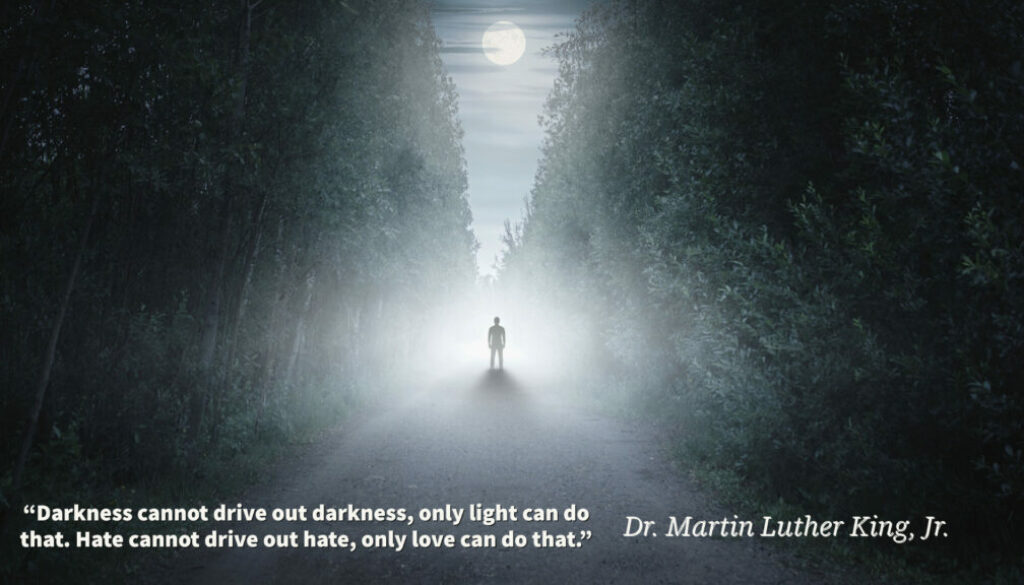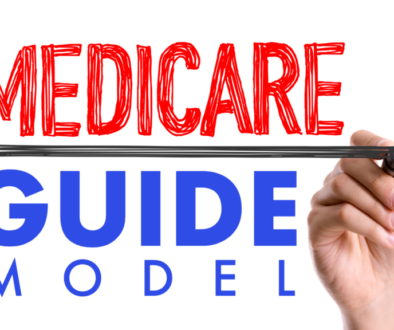February 2023
Hello everyone!
Our big news this month is that the website will be ready very soon!! Going forward, you will be able to access information about our ever-expanding programs in one spot. Our monthly calendar will list support groups, Savvy Caregiver classes, educational workshops and more, and we will continue to bring inspiration, news, and helpful tips to you via our blog.
You will receive an email with a link to the website along with log-in information when the site is live. Be sure to take a thorough look and check back often for updates. In the meantime, if you have questions or would like to talk with someone, give us a call!
The Memory Partners Team
Reflections
Finding the Light
On January 16, we celebrated Dr. Martin Luther King, Jr. and his contributions to society through peaceful protests against racial injustices and war. While his messages were meant to inspire equality and justice, they ring true in other aspects of life as well.
“Darkness cannot drive out darkness, only light can do that. Hate cannot drive out hate, only love can do that.”
This quote by Dr. King was meant to be a message of peace during a time of political conflict, but it can also inspire us in our struggles in daily life. As we wage our own war against diseases that cause brain changes, we often struggle to find light and love. It can be a scary, lonely, dark time in many respects. Even if we aren’t dealing with dementia, life can bring dark times.
It’s easy to look for people or things to blame. It’s tempting to hang on to resentment and anger, to seek out justice for those people or things who have wronged us. Sometimes we may want to scream and demand that someone intervene and make things better – family, doctors, communities, all.
There may be plenty to vent about. And sometimes, that’s ok – it’s good to get it out. But after that brief, cathartic moment, we’re still in that same tough spot. So, after you’ve gotten it out of your system – shaken your fist at the universe, so to speak – take a moment to consider where you might find and where you might share love and light. Maybe it’s a stranger holding a door open for you, maybe it’s a conversation where you feel understood, maybe it’s in a smile from a friend. Maybe you can offer a kind word or gesture, grow a beautiful garden for others to enjoy, or cook a delicious meal. Whatever it is, focus on what’s good. That is the first step in driving out the darkness.
Dementia News Spotlight
New drug, old controversy
If you were paying attention to the news in early January, you probably saw that another new drug developed to treat Alzheimer’s Disease was fast-tracked for approval by the FDA. You may also have seen that Medicare will not cover it, making it accessible only to those who can afford to pay for it out of pocket. Let’s take a closer look.
A new drug called Lecanemab (sold under the brand name Leqembi) recently received fast-track approval for use by the FDA. Fast track means that the drug was submitted for approval prior to the completion of a Phase III trial. In the meantime, a Phase III trial has been completed and results have been submitted to the FDA.
Medicare is currently denying coverage for the drug, which is common practice for new, relatively untested medications. Alzheimer’s Association understandably sprang into action, calling the decision to deny coverage unacceptable. They, along with Alzheimer’s Impact Movement, filed a formal request for Medicare to provide full, unrestricted coverage for treatments for Alzheimer’s treatments. Opponents of full coverage cite potential harm to a person with mild cognitive impairment as a trade for possible minor improvements to cognition as not being worth the risk.
This is reminiscent of last year’s FDA fast-tracked approval of a similar drug, Aduhelm, developed by the same company that developed Leqembi. The difference is, so far, Leqembi is more effective in removing plaques, and has been shown to slow cognitive decline, whereas Aduhelm did clear plaques, but no study for it has been able to demonstrate an effect on cognitive decline.
As controversy grinds on for these drugs, other drug companies are also working to develop similar promising drugs in the race to find treatment for Alzheimer’s, and may also look to fast-track approval in order to make them accessible more quickly.
For more information, read here and here.
Safety Tips
Getting lost… and found.
One of the scariest symptoms of dementia is disorientation. People who are experiencing brain changes often get confused about where they are and have trouble finding their way back to a safe and familiar place. This can happen while driving or walking, out in the community, in a store, or even while at home. It doesn’t take long, especially depending on the stage of dementia, for a person to wander far enough to be really lost, making it difficult for family to find them again.
The good news is that we live in a time where technology allows us to track the location of people who might get lost. One way to do this is to use a smart watch linked to a caregiver’s phone. This way the person’s location can be tracked on an app like LIfe360. A quick Google search will show many options for GPS enabled watches.
Another potential solution is to use a Project Lifesaver bracelet. Project Lifesaver is an international program dedicated to address this life-threatening behavior. You can visit their website here: Project Lifesaver International | Bringing Loved Ones Home In New Hanover County, Project Lifesaver is administered by the New Hanover County Sheriff’s Department. Click here to see the application: Lifesaver Application-Confidential (newhanoversheriff.com).
Groups and Workshops
Remember to check our calendar to see available groups and workshops. You may RSVP to those you are interested in attending using an online form found in the listing!





